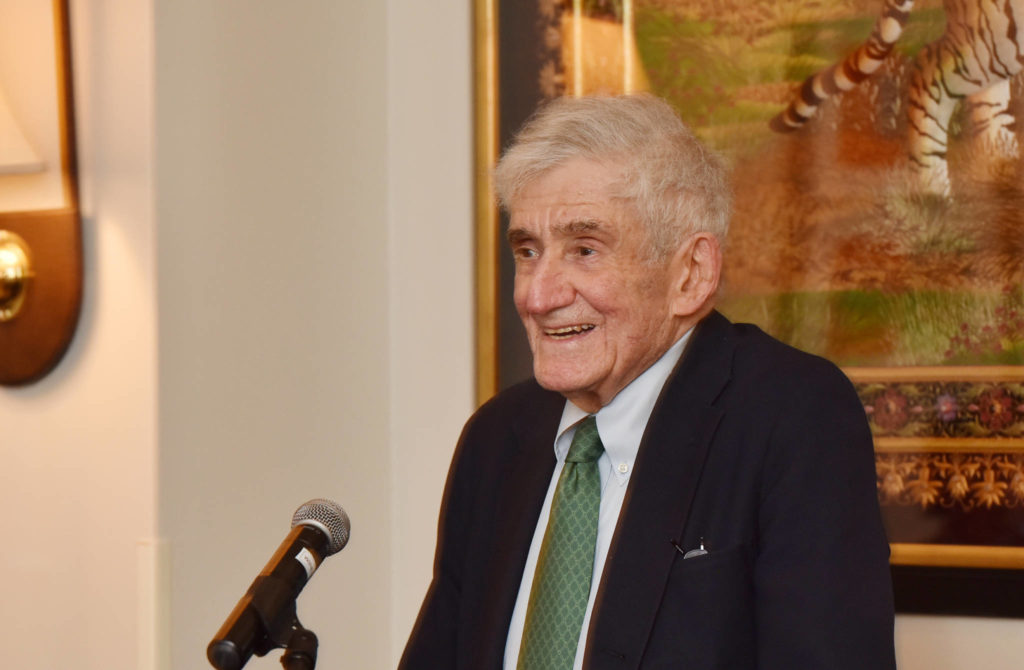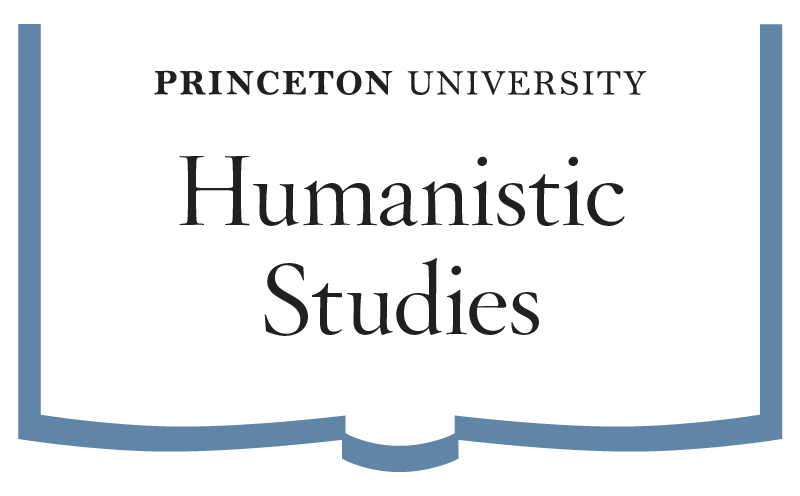
A memorial service honoring the life and intellectual legacy of Professor Theodore K. Rabb.
Theodore Rabinowicz was born on March 5, 1937, in Teplice-Sanov, Czechoslovakia, to Oskar and Rose (Oliner) Rabinowicz. His father was an author and professor, and in 1939 the family emigrated, settling in London. Theodore received bachelor’s and master’s degrees at the Queen’s College, Oxford, then furthered his education in 1958 at Princeton, studying European and colonial American history and receiving a Ph.D. in 1961. He taught at Stanford, Northwestern and Harvard before returning to Princeton to join the faculty in 1967. He took emeritus status in 2006.
At Princeton, in the 1990s, he and colleagues developed a demanding four-course Humanities Sequence that was an academic high point for the students who took it. It reflected his longstanding interest in cross-disciplinary explorations. He had been one of the founding editors, in 1970, of The Journal of Interdisciplinary History, which he continued to edit. Professor Rabb also ran an internship program that enabled Princeton students to begin their teaching careers at community colleges in the area.
In addition to his books, Professor Rabb wrote scholarly articles, book reviews and more for a variety of publications, including The New York Times Book Review. His work could be playful even while maintaining its scholarly authority. In 1981, for instance, he wrote an Op-Ed article for The Times titled “Galileo’s Last Memo,” in which he imagined Galileo giving words of encouragement to Charles Darwin, whose ideas were under attack in the early 1980s from a resurgent creationism.
Theodore K. Rabb, an expert in European history, especially the Renaissance, who knew that it takes more than traditional written sources to illuminate the past, died on January 7, 2019 in Plainsboro, N.J. He was 81. Rabb, who lived in Princeton, is survived by his wife, Tamar (Janowsky) Rabb; a daughter, Susannah Bailin; two sons, Jonathan and Jeremy ’92; a sister, Judith Tapiero; and five grandchildren.
For more information, visit the Department of History.












